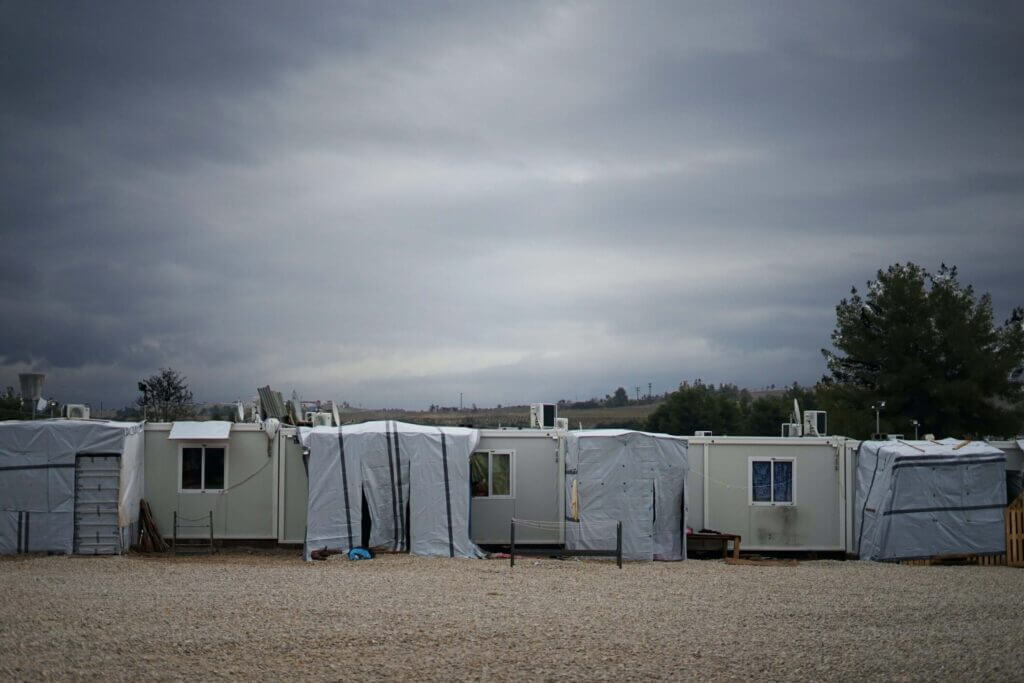Adding one million people to the other million already awaiting their asylum cases in Immigration Court: New crisis at the border?
The pandemic has wreaked havoc in the lives of thousands of people, not only leaving a deep health, economic and social crisis, but also a migration crisis. Thousands of people have been stuck in endless paperwork due to backlogs at the Immigration Court (EOIR), which well into the pandemic and 2020 could only begin to resume some semblance of normalcy in its processing.
But on the other hand, the crisis at the border cannot be attributed solely to the coronavirus. The “0 Tolerance” policies issued by former President Donald Trump during his administration still have profound consequences on the way cases, especially asylum cases, are processed and accepted.
Today, despite the efforts made by the Biden Administration, which made many promises to the immigrant community during its campaign, the crisis continues to lurk, with the list of applicants waiting for a response from the Immigration Court to be able to live in the United States legally growing daily.
Reports announce that there are approximately 2 million people awaiting adjustment of their immigration status, after the government admitted 1 million more cases. There are delays in granting permanent residency, citizenship and naturalization, but especially asylum cases.
What do the figures say about the crisis in the court?
January 2021: according to the Transactional Records Access and Information Center (TRAC), there are 1.2 million asylum cases waiting in Immigration Court, stuck, for a response to their applications.
Currently, the numbers issued in mid-June 2022 are alarming the government and the community.. There are already 1.8 applications in court, with an estimated delay of 3 years to obtain a response.. This situation leads two million people to live in fear of not being accepted, to live without papers.

How is the life of those who wait?
To the question of where these people whose papers have not yet been issued are located, there are many answers. They are all over the country, living with resident relatives or working illegally. While many are up to date filing paperwork, filing forms and talking to immigration attorneys, many others disappear from court and are never recorded again.
Not having immigration documentation in the United States is a difficult thing to go through, living in fear, working for less money, not seeing your family. Therefore, it is imperative that there is an immediate change in the EOIR.
The percentage of people who were processed under the so-called Stay in Mexico Program (MPP) and who were actually approved is only 0.53%. These people have no lawyers or legal representatives to assist them with their case, and are stranded in a country that is not their own. This is how urgently the issue of traffic jams in the court should be addressed.

Biden’s attempts
Trying to make good on his campaign promises, since taking office in 2021 President Joe Biden has issued a series of regulations aimed at improving the way cases are processed in immigration court. The elimination of Title 42, the MPP, changes in the way asylum cases are processed in court, among several other measures.
The problem is that it is still not enough, and the bipartisan struggle between pro- and anti-immigrants continues to hamper the country’s immigration policies.
Contact our team of immigration attorneys at Jaskot Law to learn more about asylum applications, immigration policies, and consultations about your case.

